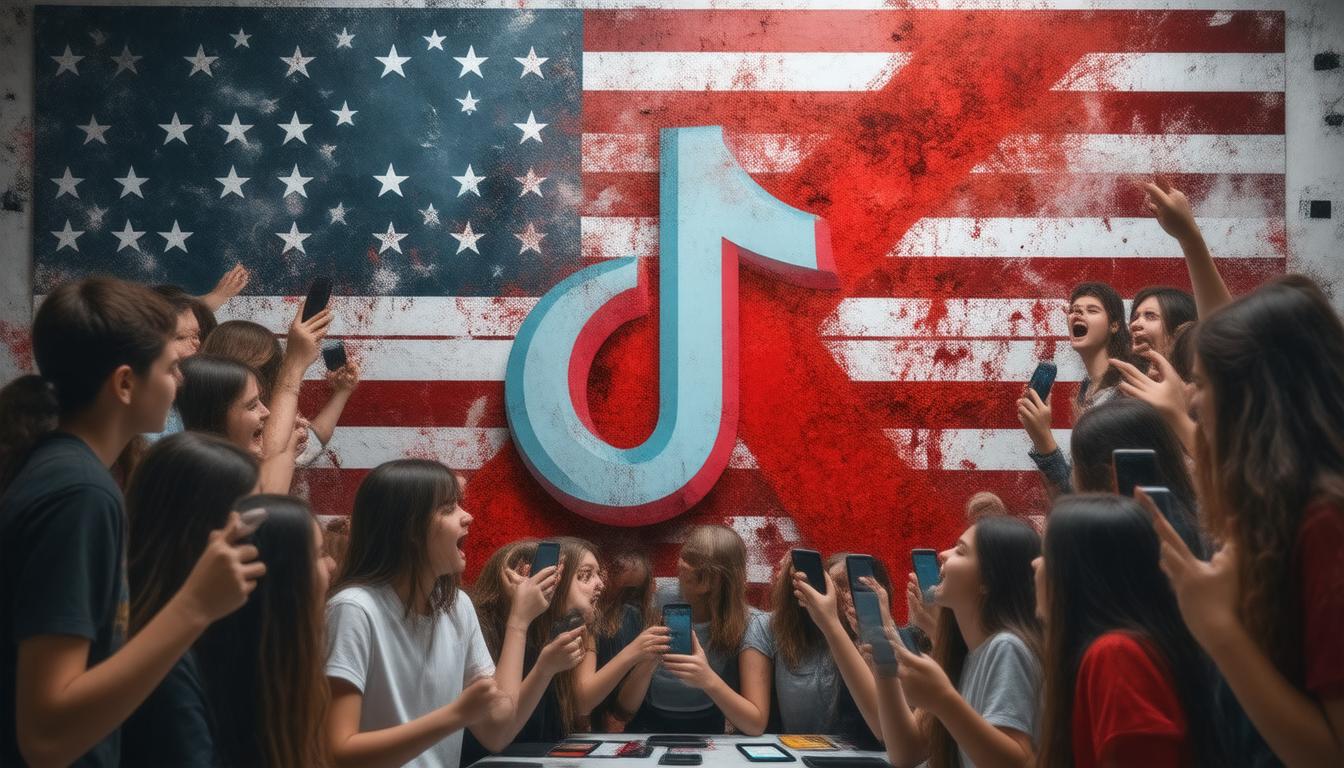On January 18, 2025, a seismic shift occurred in the realm of social media as TikTok, the popular video-sharing platform, ceased operations in the United States.
This abrupt shutdown was influenced by a federal law that prohibited U.S.
companies from hosting or distributing TikTok, effectively enforcing a ban that stemmed from national security concerns surrounding the app’s Chinese ownership.
As users across the nation attempted to log into the app, they encountered a stark message indicating its unavailability, marking the end of an era for millions of American TikTok creators and consumers.
This article delves into the timeline of events leading to the ban, the implications for users, and the broader impact on the social media landscape.
Key Takeaways
- TikTok was banned in the U.S. on January 18, 2025, due to a federal law citing national security concerns.
- The shutdown affected both TikTok and its sister app Lemon8, highlighting the interconnectedness of social media platforms.
- The ban followed a significant legal battle, including attempts to resolve the situation via appeals to the government.
The Timeline of TikTok’s Ban: Key Events Leading Up to the Shutdown
The Timeline of TikTok’s Ban: Key Events Leading Up to the Shutdown
On January 18, 2025, TikTok, the widely used social media app, went dark in the U.S., marking a significant shift in the world of digital communication.
This unprecedented ban occurred just before a federal law prohibiting U.S.
companies from hosting or distributing TikTok was set to take effect.
Users aiming to access the app were met with a stark message informing them that TikTok was unavailable due to the enactment of this law, a direct consequence of escalating national security concerns regarding its Chinese parent company, ByteDance.
The Supreme Court’s recent upholding of the law added to the atmosphere of uncertainty, leaving millions of users wondering about the app’s future just days prior to the ban’s implementation.
In a parallel development, TikTok’s sister app, Lemon8, also became inaccessible in the U.S., heightening the stakes for content creators reliant on these platforms for income and connectivity.
As tensions rose, TikTok made frantic last-minute appeals to both the Biden administration and President-elect Donald Trump, seeking intervention to fend off the potential forced sale or outright ban of the app.
The bipartisan bill, passed by Congress and signed into law by President Biden, garnered significant support amid scrutinized discussions on TikTok’s vulnerability to data privacy breaches stemming from its affiliations with the Chinese government.
This collective effort reflected a crucial moment in U.S.
policy, illustrating a broader concern about foreign influence on American consumers and media.
Despite numerous attempts to legally challenge the validity of the law, TikTok met with failure on every front, culminating in the app’s abrupt shutdown overnight—an event that has redefined the landscape of social media and user engagement in America.
Implications of the Ban: Impact on Users and the Social Media Landscape
The implications of TikTok’s ban extend far beyond the app itself, reverberating throughout the entire social media landscape and impacting millions of users nationwide.
Many influencers and content creators who built substantial online followings on TikTok found themselves grappling with an abrupt loss of income and audience engagement.
This shift has forced users to explore alternative social media platforms, such as Instagram Reels and YouTube Shorts, which now see increased traffic as creators scramble to pivot their content strategies.
Additionally, the ban raises critical questions about user data privacy and the nature of government intervention in digital platforms.
As consumers navigate this new terrain, they may become more vigilant about the apps they choose to use, seeking alternatives that prioritize user security and adhere to clearer privacy regulations.
Ultimately, the shutdown of TikTok not only alters the way individuals interact online but also sets a precedent for how future social media regulations may unfold in the United States.











